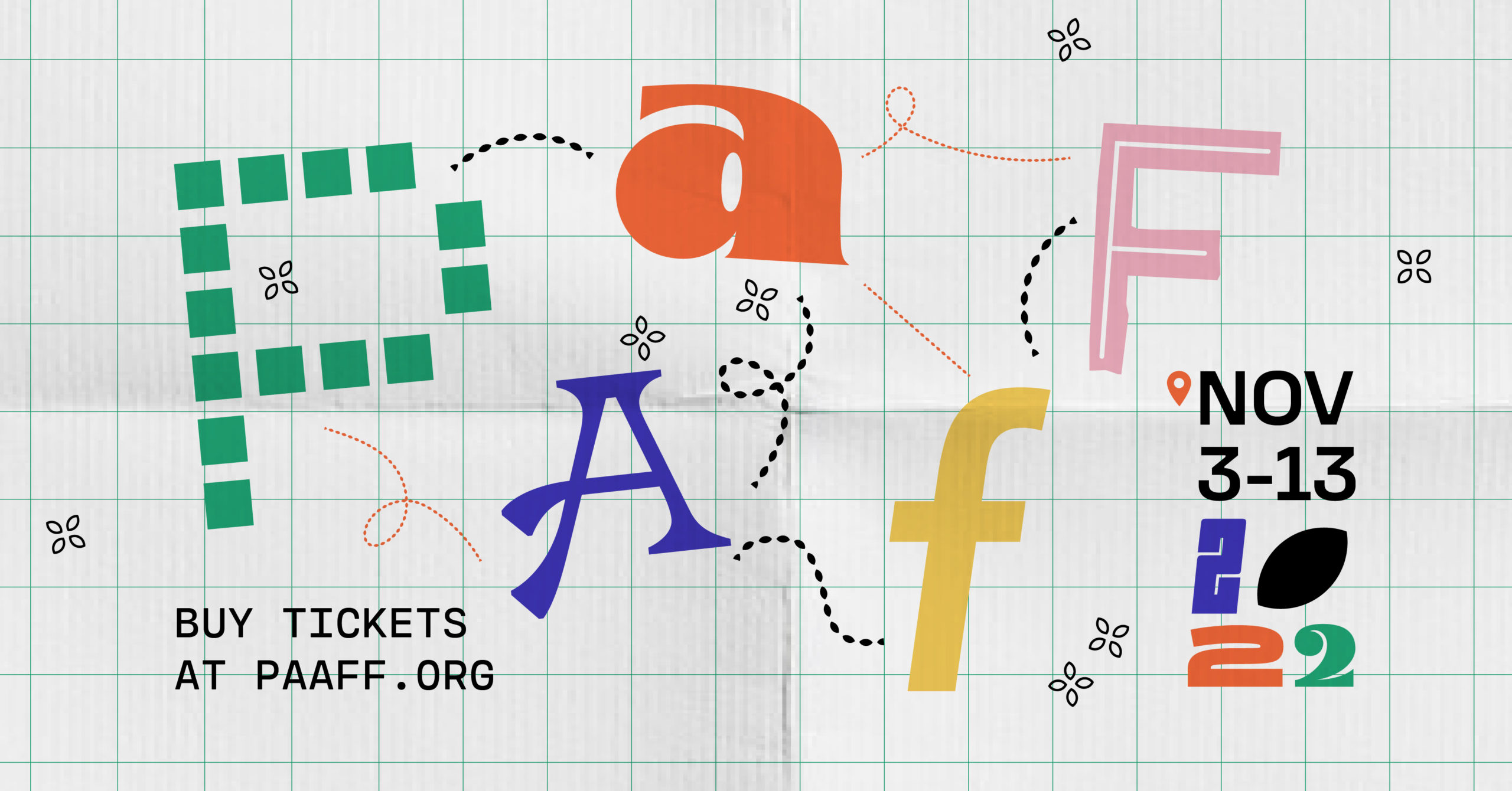
15 Dec Highlights from the 2022 Philadelphia Asian American Film Festival
BY ARTA BARZANJI
The 15th Annual Philadelphia Asian American Film Festival, the third-largest film festival of its kind in the country, took place from November 3-13. The festival was part virtual, part in-person, and the lineup included a variety of narrative and documentary features, panel discussions, and filmmaker Q&As, as well as performance art pieces and short films. Given the number of screenings, a brief festival report would not be able to do justice to everything on offer, but here are some highlights.
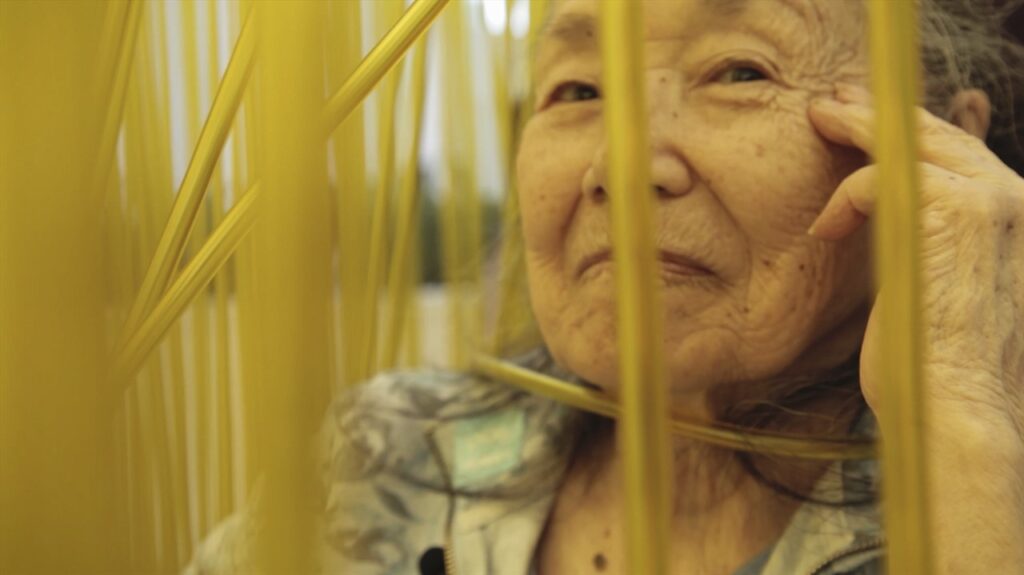
Wisdom Gone Wild, Directed by Rea Tajiri
Rea Tajiri’s Wisdom Gone Wild was not only one of the best films of this festival, but also has one of the most provocative and beautiful titles of any film from this year. The documentary follows Akiko (or Rose, as she insists on being called), Tajiri’s elderly mother who has been diagnosed with dementia. Instead of making a film about coming to terms with her mother’s dementia or learning how to deal with it, Rea has already accepted the situation when the film begins. Some of the most touching moments in the film come from how at peace Rea seems to be with her mother. When she asks Rose to help her put on lipstick, Rose responds by asking Rea if her mother didn’t teach her how to put lipstick on. The scene is not played for tragedy , but quite the opposite: after Rea says, “But you’re my mother,” the two share a hearty, touching, and intimate laugh. As the title suggests, Tajiri doesn’t see what’s happening to her mother as a loss of identity, but as “wisdom gone wild.” The film is about memory in more than one way: while Akiko is losing hers, Rea has the aid of her camera in preserving bits of memory of herself and her mother that are interspersed throughout the film, giving it an element of structural experimentation, while also setting up a complicated dialectic not only between past and present but also the images of the past and the present.
Check out the film’s website to stay up to date on future screenings and release information. Read the cinéSPEAK Journal article interview with Rea Tajiri to learn more about the making of the film.
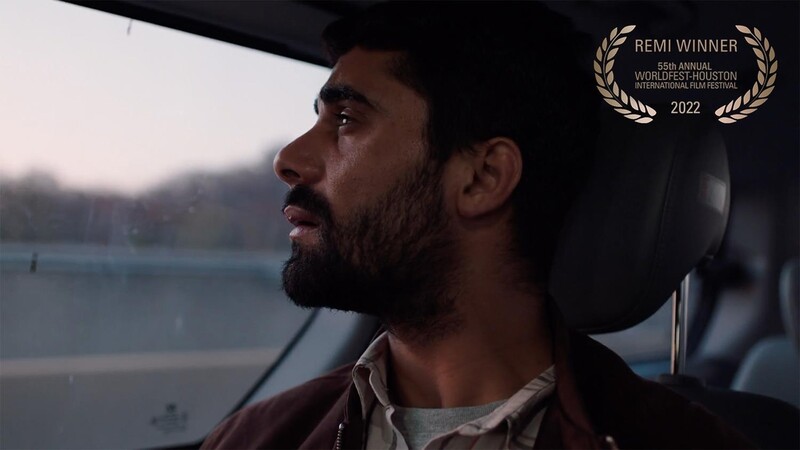
Aporia, Directed by Ju Hyoung Lee
The South Korean film, Aporia, was the “Centerpiece” program at PAAFF. The latest narrative feature from Ju Hyoung Lee follows a Syrian refugee, Saleem, who is detained in Korea on his way to Germany, as he doesn’t have the required documentation. His family is back home, in the midst of war and devastation, and he’s stuck in an unknown land with a vastly different culture and language that he can’t make heads or tails of. Dealing with immigration and refugees, especially from the Middle East, is no doubt an unusual premise for a South Korean film, but Aporia doesn’t transcend the intrigue of its premise at any point over its 126-minute-long runtime. Haleem is a one-dimensional and childishly naïve character throughout the film who doesn’t develop beyond a vague image of Middle Eastern plight. But him being an unremarkable character is not the issue per se. There are countless remarkable films with passive, unremarkable characters (2018’s Burning, also from Korea, is one example). The question is, how do you make an “uninteresting” character interesting? Or how do you generate interest in their predicament, instead of merely casting a touristic gaze into their misery?
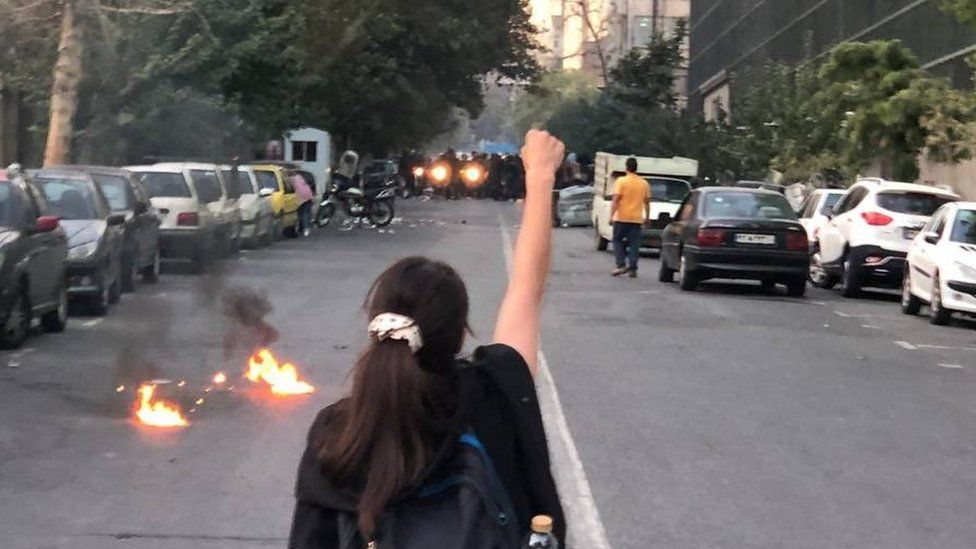
Shorts Program Highlight: “Visions and Voices by Iranian Women”
No film festival is complete without a compelling shorts section, and one of the more intriguing shorts programs at PAAFF was “Visions and Voices by Iranian Women.” The occasion for the program is the mass protests that have been going on in Iran since mid-September, sparked by the murder of a young Kurdish woman, Mahsa (Zhina) Amini by the police. Read more about the protests in Iran here.
Suite Night, Directed by Mahtab Pishghadam
Suite Night follows a young woman trying to free her best friend from prison the day before her execution. The film dispenses bits of narrative information gradually, and it’s only after the halfway point that we get a clear grasp of the situation: the friend is in prison because she killed a man who was trying to sexually assault the main character. She was charged with murder, and now the man’s family has to consent for her sentence to be deferred. It’s an interesting premise, and the film uses it to shed light on the contrasts between more conservative and religious layers of Iranian society (the dead man’s family) and youth with more modern and egalitarian aspirations. The film relies heavily on somewhat simplified societal binaries, which, coupled with the showy cinematography and exaggerated acting, take away the opportunity for a nuanced engagement with the characters and situation.
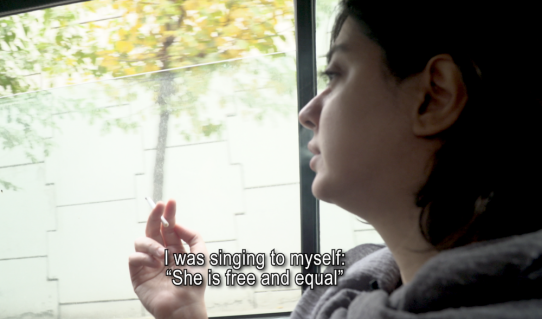
Futility Season, Directed by Hoda Sobhani
If Suite Night’s commentary about Iran comes indirectly and by association, Hoda Sobhani’s Futility Season deals directly with the current protests. A powerful epistolary film about Sobhani’s friend, Neda, and her participation and subsequent imprisonment in both the current protests and the Bloody November of 2019, Futility Season wears its influences on its sleeve. The film opens with Sobhani, who now lives in the US, watching Chantal Akerman’s News from Home (1977), another letter-film about estrangement, longing for home, and those you’ve left behind. The film alternates between footage of Neda in Tehran and Hoda in California. As Neda says, the physical distance doesn’t lessen the shared pain of the two friends: “Borders won’t take away from our sorrows. We will always have them within us.” One was in the cold prisons of Tehran, the other near the sunny beaches of California, but neither of them were able to see the bloodshed of their comrades in the streets. Neda continues, “Every season is a season of futility,” pointing out the fact she was in prison for all four seasons of the year. Hoda responds by acknowledging her own very different understanding and engagement with the situation: “I understand the world through cinema. You, Neda, through struggle.”
*Featured Image: Image of the 15th Philadelphia Asian American Film Festival Logo. Courtesy of Philadelphia Asian American Film Festival.
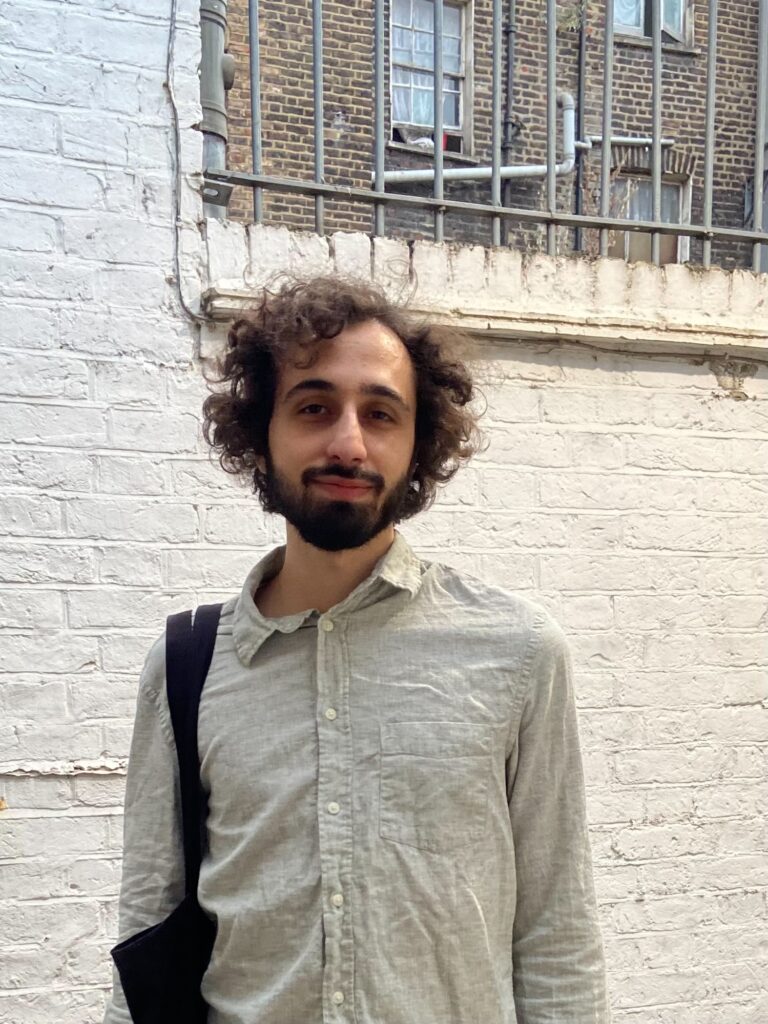
Arta Barzanji is an Iranian cinephile, writer, filmmaker, and a current MFA candidate in Film and Media Arts at Temple University. His work, encompassing experimental, narrative, and documentary modes, deals directly with the cinema itself, exploring the relationship between the viewer and the screen while engaging with the works of filmmakers as diverse as Stan Brakhage, Orson Welles, Kamran Shirdel, and Malcolm Le Grice. Arta was a 2022 participant of the Young Critics Workshop, and his critical writings and translations have appeared both in Farsi and English.

Sorry, the comment form is closed at this time.